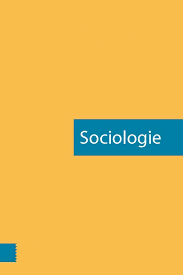Abstract
Social scientists generally agree that all individuals structure their cultural attitudes in the same unidimensional fashion. However, various populist radical right parties remarkably combine moral progressiveness with conservatism regarding immigration-related issues. This suggests that the structuring of cultural attitudes among the electorate may also be more complex than typically assumed. Applying Correlational Class Analysis to representative survey data, we uncover three cultural belief systems. For individuals adhering to an integrated one, all cultural attitudes are interdependent, as typically assumed. However, we also uncover two alternative belief systems: intermediate and partitioned. In the latter, positions on one cultural attitude (e.g., ethnocentrism) are barely related to positions on others (e.g., rejecting Islam or opposing homosexuality). The existence of multiple cultural belief systems challenges the widely-held assumption that all people organize their cultural attitudes similarly. Both political party agenda’s and individuals’ education level and religion appear key to understanding variation in belief systems.
How to Cite:
Daenekindt, S., de Koster, W. & van der Waal, J., (2018) “Hoe structureren burgers hun opvattingen over culturele vraagstukken? Stelsels van culturele opvattingen onder aanhangers van populistisch radicaal-rechtse partijen”, Sociologie 14(2-3), 199–221. doi: https://doi.org/10.5117/SOC2018.2/3.007.DAEN
Downloads:
Download PDF
View PDF
169 Views
45 Downloads


